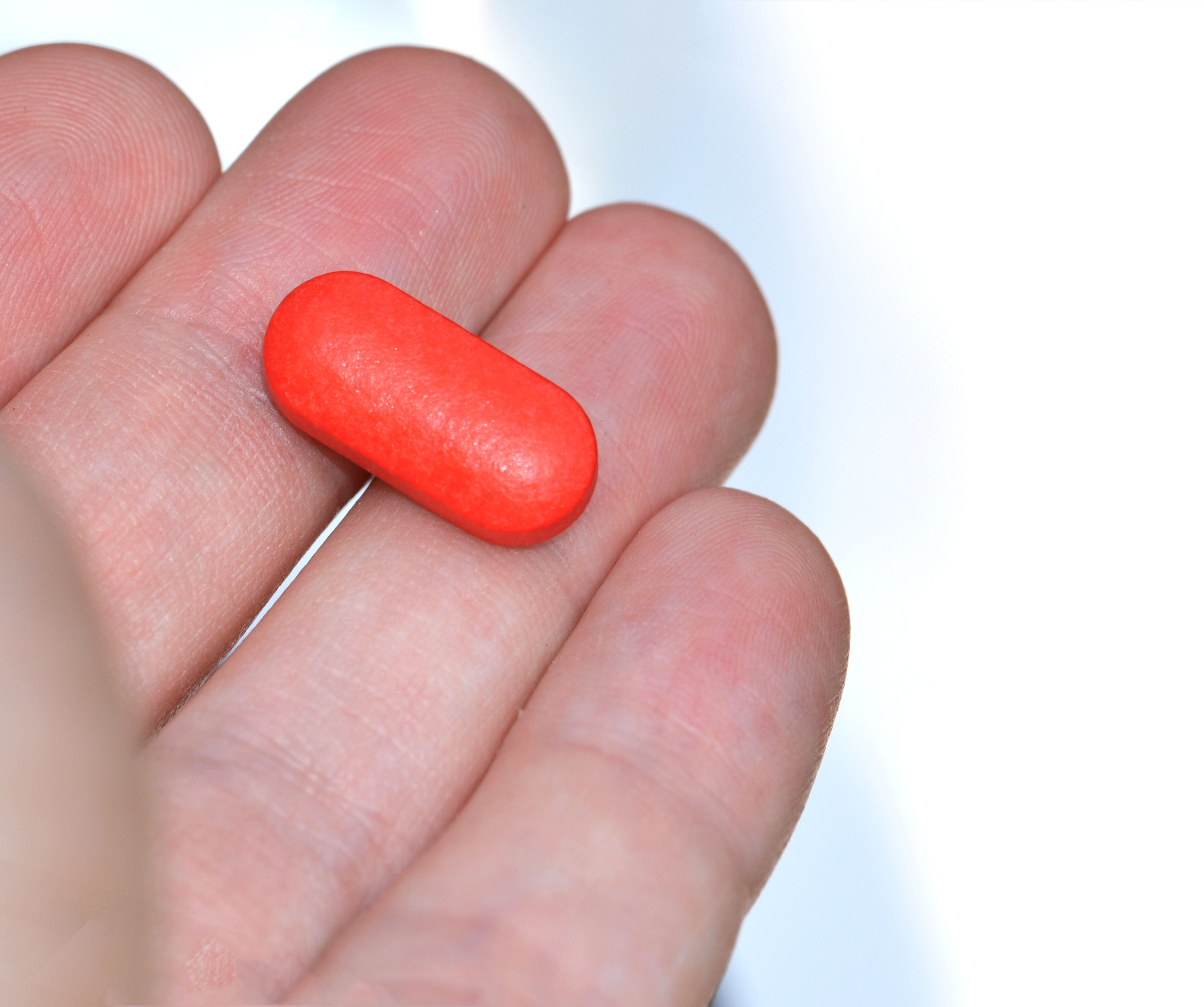PAH Patients May Benefit from Tightly Controlled Switch to Oral Treprostinil

According to a new study, oral treprostinil (Orenitram) could benefit patients with pulmonary arterial hypertension (PAH) who are currently dependent on injectable drugs. There is, however, limited data guiding the transition from injection to oral therapies. The case series, which described the transition to oral treprostinil, showed that the switch needs to be performed in a carefully controlled manner to succeed, allowing patients to live a life free from repeated injections.
While injected prostacyclins are standard treatment in patients with PAH, their use is linked to injection-related complications, such as pain and infections. Oral treprostinil — a prostacyclin drug with the ability to dilate blood vessels — was approved in 2013 despite weak evidence from clinical trials on its efficacy. Later analyses, however, showed that the lack of efficiency could be attributed to the fact that patients often received doses that were too low.
Initiation of oral treprostinil treatment turned out to be a more difficult balancing act than expected — a too rapid dose increase led to intolerable side effects, forcing patients off the treatment. The knowledge of the need for a careful treatment dosage, however, awakened a new interest in clinicians and patients who wished to replace the injections with an oral option.
In the case series report, University of Pittsburgh researchers described nine patients who attempted the transition from injection to oral treatment. The clinical team set up a number of criteria that patients had to meet to be considered eligible for switching, including being stable with improved symptoms and functional capacity.
Patients who could not tolerate injection treatment because of pain or infections, or whose lifestyle made oral treatment a better choice, were enrolled. The study, titled “Oral treprostinil for the treatment of pulmonary arterial hypertension in patients transitioned from parenteral or inhaled prostacyclins: case series and treatment protocol,“ also included two patients who switched from inhaled to oral prostacyclins.
All patients belonged to WHO functional classes 2-3, and continued taking other PAH medications throughout the switch. The transition was made during a four-day hospital stay, during which the injected drug was tapered while the oral dose was increased, according to a well-controlled and carefully calculated, but relatively rapid schedule, described in the publication in the journal Pulmonary Circulation.
Seven out of nine patients managed the transition. One patient interrupted the attempt after experiencing both worsening symptoms and significant side effects, and another stopped the transition attempt because of unmanageable side effects. In fact, eight out of nine patients experienced side effects of the oral treatment, most often stomach problems, but were not severe enough to interrupt the therapy switch in most patients.
After about 47 weeks, the condition of the patients were analyzed again. At this time, one more patient had stopped the oral treatment because of plans for hospice care. Among the six remaining, the median daily dose was 28 mg. Functional capacity was investigated only in half the group, with some patients showing increasing, while others decreasing results in the 6-minute walk distance test (a test for exercise capacity, functionality).
“In conclusion, oral TRE [treprostinil] adds to the growing number of therapeutic options for patients with PAH. Its precise application in the treatment of PAH remains to be firmly established, but accumulating evidence suggests that it may serve an important role in prostacyclin transitions in carefully selected, stable patients who are receiving background oral therapy with either a PDE5i and/or an ERA,” concluded the research team in their article. “Ongoing clinical trials will further evaluate longer-term effects of oral TRE on patient symptoms, quality of life, disease progression, and survival.”







